

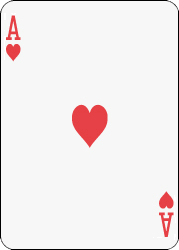



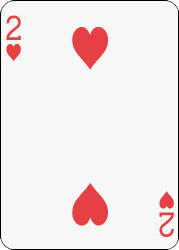

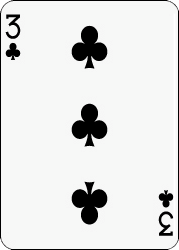

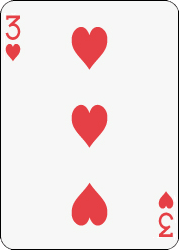

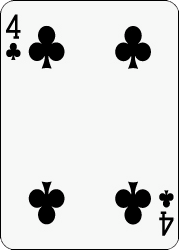

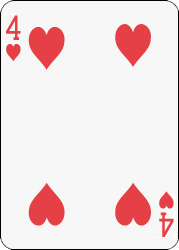

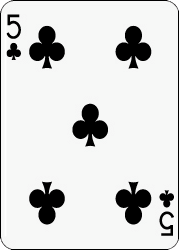
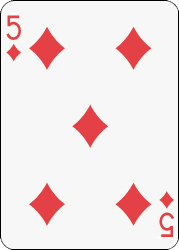
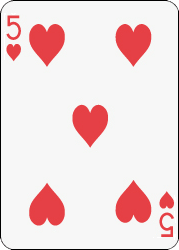

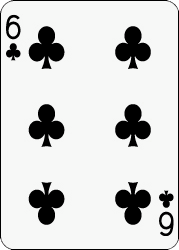
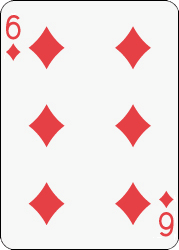
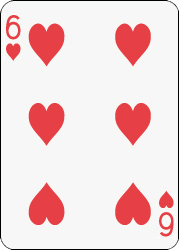

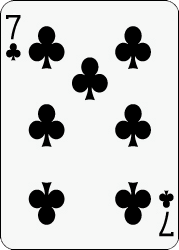
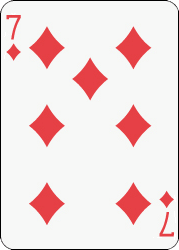
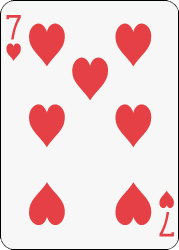
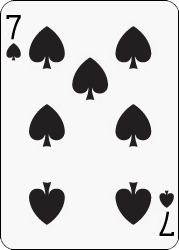
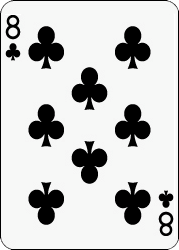
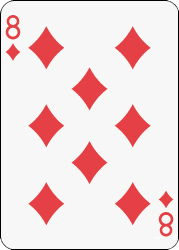
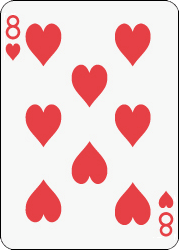
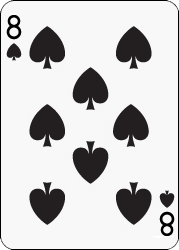
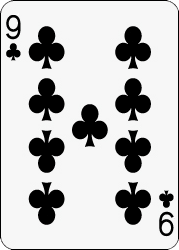
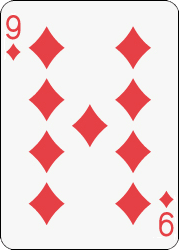
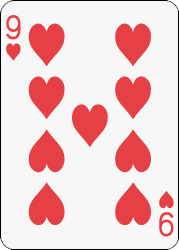
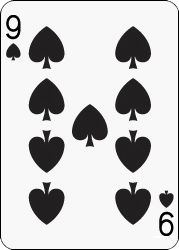
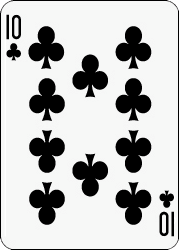

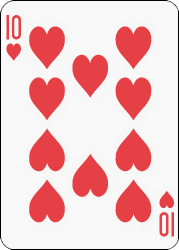
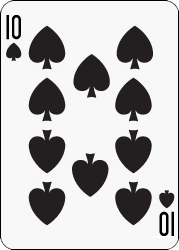
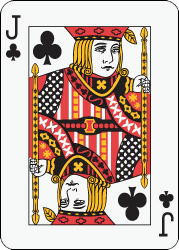
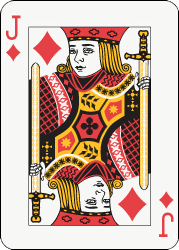
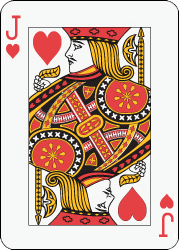
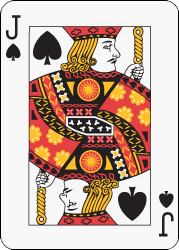
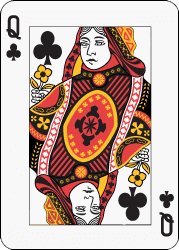
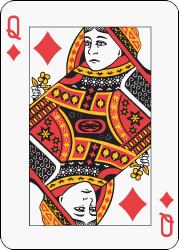
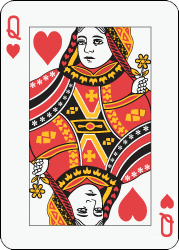
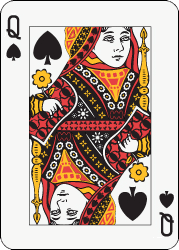
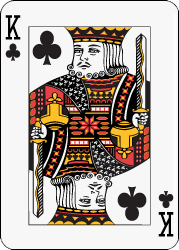
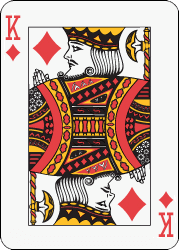
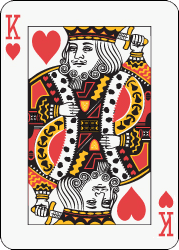
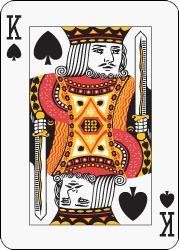
































































| Time: | 232:324 |
| Cards left: | 12312 |
| Time bonus: | 1234 |
| Total score: | 3424 |
| Best score: | 3432 | Date: | YYYY-MM-DD |
| Games won: | 32 | Average score: | 321232 |
| Games played: | 62 | Average score: | 321233 |
| Percentage won: | 23% |
| No scoring | |
| Standard untimed scoring | |
| ✔ | Standard timed scoring |
| Vegas scoring |
| ✔ | One suit |
| Two suits | |
| Four suits |
| Games played: | |
| Games won: | |
| Percentage won: | |
| Longest winning streak: | |
| Longest losing streak: | |
| Current streak: |
| Best score: | |
| Date: | |
| Average score per game won: | |
| Overall average score: |
| Total time played (seconds): | |
| Average time per game won (seconds): | |
| Total number of moves: | |
| Average moves per game won: | |
| Average moves per hour in games won: |
Like us on Facebook! You can always post a question there.
| Toggle full screen: | F11 (most browsers) |
| Undo move: | Ctrl+Z |
| Deal again: | F2 |
| Close dialog box: | Esc |
The name of the game, FreeCell, comes from the four free cells in the top-left corner of the game board which can be used to temporarily store cards. The game was invented by Paul Alfille as a modification of an older game. Alfille also created a first FreeCell Solitaire video game in 1978. Although available in earlier version of system Windows, FreeCell gained much of its popularity when it was distributed with Windows 95. In that version there were 32,000 different card deals available. There was an attempt in 1994 to solve all of the 32,000 card deals. The project lasted almost a year and indicated that only one of the card deals was unsolvable. Since then, FreeCell remains famous for the fact that for any randomly shuffled card deal, the game is almost certainly solvable.
As with most other patience and solitaire games, the player starts with a shuffled deck and must sort the cards from aces to kings for each suit separately. The sorted cards are being placed in the foundations in the top-right corner of the game board, beginning with aces. That is, a card can be placed in the foundation only if there is a card already there with a number lower by one and the same suit. If there are no available cards which can be placed in the foundations, the player must move the cards around on the game board so that more cards with low numbers are directly available.
As a rule, the player can move only one card at a time - unlike in other solitaire games in which the player can lift an entire stack of cards and move it to a different location. If a player wants to move more than one card to a new location, it is necessary to use free cells, which are in the top-left corner of the game board. The game automatically calculates how many cards a player can move based on the number of available free cells, as moving cards one by one can be tedious. Any card can be placed in a free cell. Also, any card can be placed in an empty column. However, a card can be placed on another card only if the latter card has a number higher by one and a suit of the opposite color to the former.
FreeCell Solitaire Online does not have a specific scoring scheme. The progress in the game is indicated by the number of cards left on the game board (the fewer the better). This however is not relevant when players compare their results. A relevant result is a percentage of games won, an average time to solve a game, or the longest winning streak.
Here are a couple of tips. Right-click on a card to send it to a free cell. If no free cells are available or a card already is in a free cell, then a right-click sends a card to a foundation (if possible). The game automatically sends to the foundation cards that will not be useful in the game down the road.
You can send us an email at contact@solitaires-online.com. Any questions, complaints, thanks, or comments are welcome.
This game was created by the Simiade company. Here is how you can contact us:
Simiade
Adam Narkiewicz
Plac Bankowy 2
00-095 Warszawa
Poland
+48 728235409
contact@simiade.com
https://simiade.com/